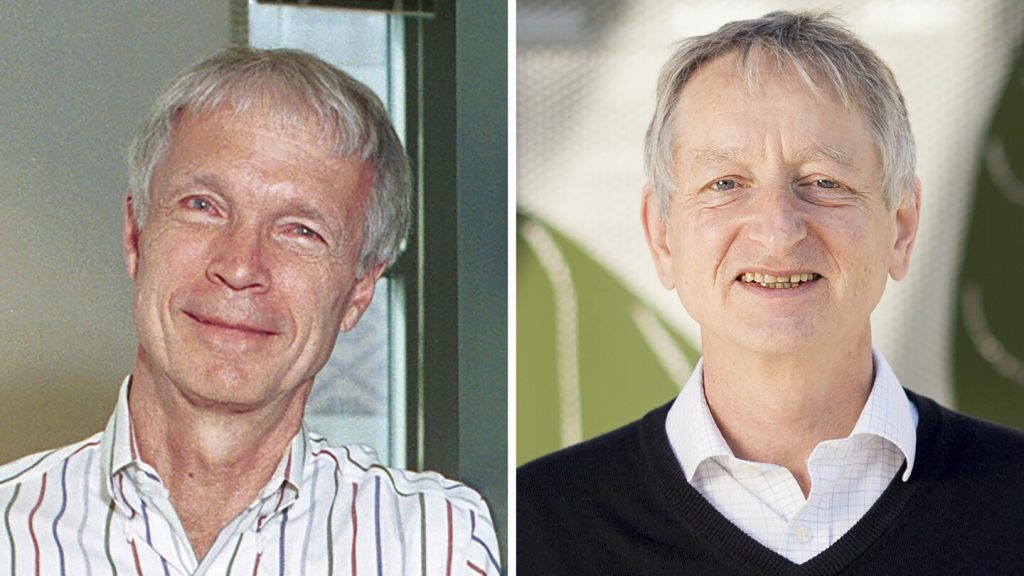Pioneers of artificial intelligence, John Hopfield and Geoffrey Hinton, were awarded the Nobel Prize in physics for their contributions to machine learning. The artificial neural networks they created have revolutionized various fields, including science, medicine, and daily life. Hinton, known as the godfather of AI, believes that AI will have a significant impact on civilization, similar to the Industrial Revolution. However, he also acknowledges the potential threats posed by the technology, such as the risk of AI systems becoming more intelligent than humans and taking control.
The Nobel committee emphasized the benefits of AI but also expressed concerns about its rapid development and the need for ethical and safe use of the technology. Hopfield and Hinton, along with other researchers, have called for strong control measures regarding AI. Hinton, who left a role at Google to speak openly about the dangers of AI, shares these concerns about potential negative consequences of advanced AI systems. The risks and benefits of AI are compared to other technologies like viruses and nuclear energy, which have the potential to help or harm society.
Hinton’s work in developing backpropagation, a technique that trains machines to learn by fine-tuning errors, is considered instrumental in the field of AI. His unconventional background as a psychologist and his curiosity about how the mind works have contributed to his success as a scientist. Hinton’s team at the University of Toronto made significant advancements in AI, winning the ImageNet competition in 2012 and sparking further innovation in the field. His influence has led many of his former students and collaborators to start their own AI companies and use machine learning tools in various applications.
Hopfield, known for creating an associative memory that can store and reconstruct images and patterns, emphasizes the interdisciplinary nature of scientific research. The awarding of a physics prize to AI pioneers like Hopfield and Hinton is significant, highlighting the blurred boundaries between scientific disciplines. While some of their peers may disagree with the concerns raised by Hopfield and Hinton regarding AI risks, it is essential to address these issues and ensure ethical use of AI technology. The Nobel committee’s decision to award the prize to AI pioneers recognizes their groundbreaking contributions to the field.
The Nobel Prize announcements will continue with the chemistry prize, literature prize, Nobel Peace Prize, and economics award. The Nobel Prize carries a cash award of 11 million Swedish kronor ($1 million) and is presented to laureates at ceremonies on Dec. 10. Hopfield and Hinton’s recognition for their work in AI highlights the importance of ethical considerations in the development and use of advanced technologies that have the potential to reshape society.


